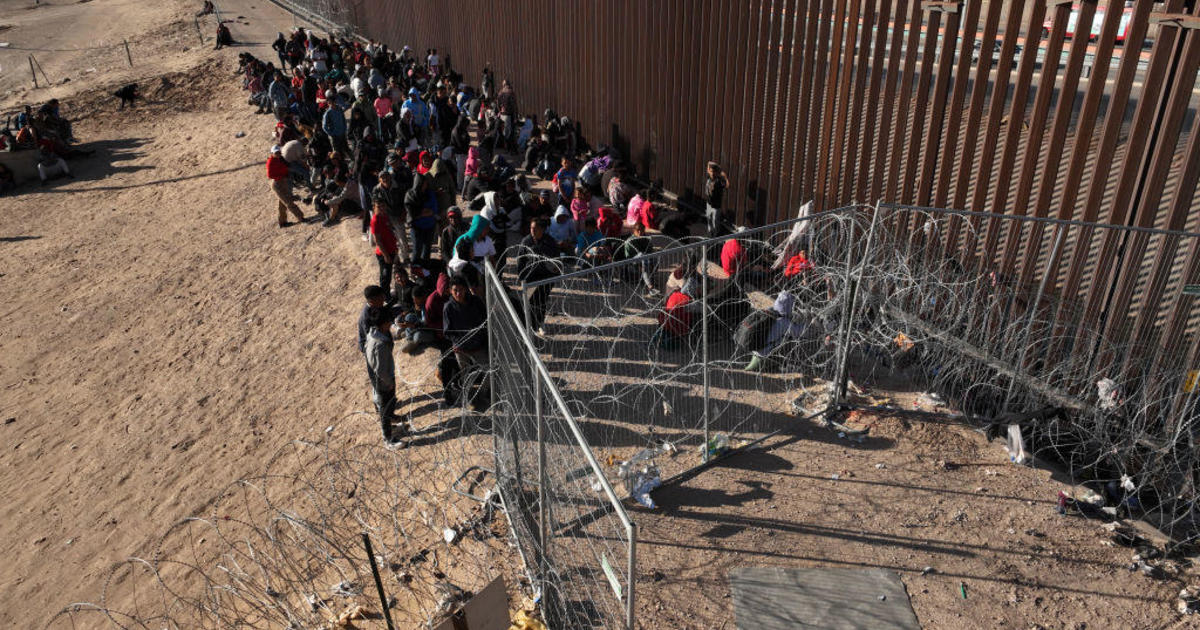The Biden administration has asked the Supreme Court to block Texas from enforcing a controversial immigration law known as SB4. This law would allow Texas law enforcement officials to arrest migrants suspected of entering the U.S. without authorization, leading to state criminal charges and potential de facto deportation orders. U.S. District Court Judge David Ezra recently granted a temporary block on SB4 at the request of the Justice Department and the ACLU, stating that immigration arrests and deportations are federal responsibilities and rejecting Texas’ argument that the state is facing an “invasion” by migrants.
Despite Judge Ezra’s ruling, the 5th Circuit Court of Appeals suspended the order on administrative grounds at Texas’ request, allowing the state to move forward with implementing SB4. Governor Greg Abbott, who signed the law in December, argues that SB4 is necessary to reduce migrant crossings and criticizes the Biden administration for not doing enough to deter illegal immigration. The law would enable Texas state troopers to arrest migrants without the collaboration of property owners, potentially leading to increased arrests on trespassing charges.
The Biden administration has pushed back against SB4, stating that it interferes with federal immigration enforcement, disregards U.S. asylum laws, and strains relations with Mexico, which has condemned the law as anti-immigrant. The Justice Department warned that SB4 would create chaos in federal immigration efforts in Texas. This legal battle is part of a larger conflict between Texas and President Biden over immigration policy, with clashes over barriers set up near the Rio Grande and Texas National Guard soldiers blocking federal Border Patrol agents from processing migrants in public areas.
At Abbott’s direction, Texas has been transporting tens of thousands of migrants from the U.S.-Mexico border to large, Democratic-led cities such as New York, Chicago, and Denver. This move is seen as a response to the influx of migrants at the border and the strain it puts on local resources. The situation highlights the ongoing tensions between states and the federal government regarding immigration policy and enforcement.
As the Supreme Court considers the request to block SB4, the outcome of this legal battle will have significant implications for immigration enforcement in Texas and beyond. The conflicting perspectives on the law reflect broader debates over immigration policy and the balance of power between state and federal authorities. The resolution of this issue will shape the future of immigration enforcement and relations with Mexico, as well as set a precedent for how states can address unauthorized migration within their borders.









